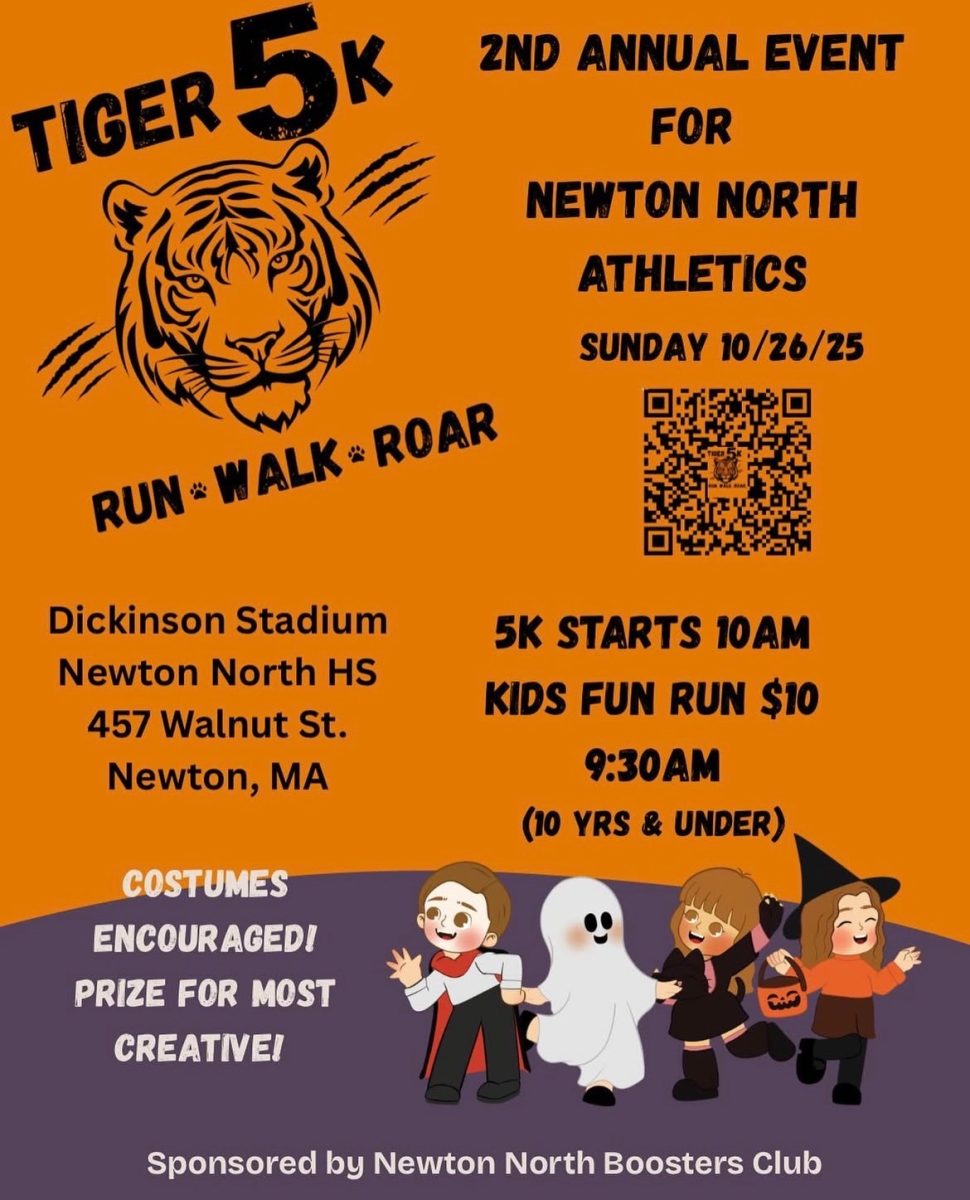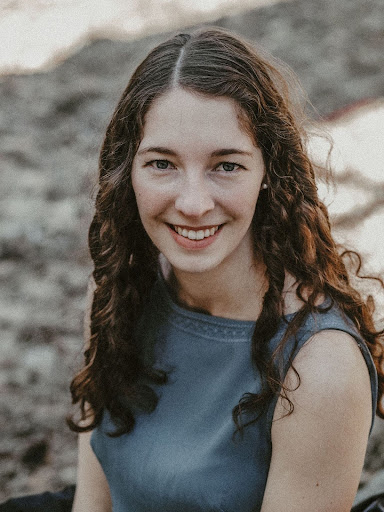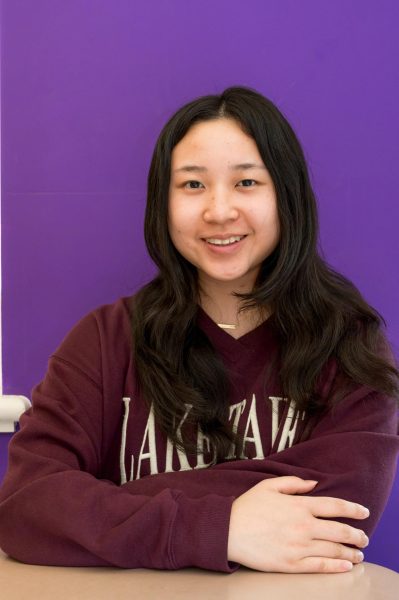As Election Day approaches on Tuesday, Nov. 5, North’s History and Social Sciences Department has incorporated civics-based lessons to educate students about the upcoming election.
“I think it’s awesome that the history department is taking on this initiative, especially because I think exercising your civic duty is important as a citizen of the United States,” said senior Ava Qiu.
According to History and Social Sciences Department Head Gregory Drake, the department prioritizes election education whenever there is a presidential race.
“We teach about the election because we feel part of our job is to prepare students to be good citizens, and research shows that the more students understand the political system, the more likely they are to engage with it,” said Drake.
“This year, with the country more polarized than ever, it feels especially important to give students a space to ask questions and share their ideas, interests, and concerns.”
Drake added that different classes and teachers take varied approaches to teaching about the election.
“It’s really up to the individual teacher to decide what direction they want to take, given that, unfortunately, we don’t have unlimited time in the year,” Drake said.
The depth of election coverage and time spent on it depends on how closely a class’s content aligns with election-related topics, like politics or U.S. history.
“One of my biggest concerns has been finding space for this conversation because it’s so important,” said history teacher Anna Meyer. “We work hard to make our history classes feel relevant and authentic to students, which can sometimes clash with the curriculum. For example, I teach two AP classes, so every day we spend on the election is one less day of content before the exam.”
Given the increased use of social media by high school students, accessing accurate information is something that some students are concerned about, according to Qiu.
“It kind of scares me that so many of my peers will be able to vote this year,” said Qiu. I really hope that my peers stay informed and think critically about the information they consume that may influence how they vote, especially thinking about where they are consuming this information.”
Discussions about how to develop good media literacy and evaluate information for truthfulness are something the department is incorporating in lessons, according to Drake.
Meyer said, “All teachers talk a lot about how to read sources, how to think about bias, and how to be more critical, but it’s a very different skill set to literally practice that with the news.”
To further encourage eligible students to vote, the Center for Civic Engagement and Service holds a voter registration drive every year.
“Last year, when [The Center] did the voter registration drive, they found a lot of apathy. A lot of students didn’t seem to understand why they should register to vote and what impact their vote could have,” said Drake.
According to Meyer, it’s still important to vote, especially in local elections.
“The way the electoral college runs means our vote for the population of Massachusetts doesn’t carry as much weight as it does in other places, but I think it’s really important to also think about voting in local elections. A lot of the city council members in Newton are up for debate, and that has a lot of consequences of what’s immediately happening around us, and we saw that during the strike,” said Meyer.
Teaching about the election can be a way to help students better understand the importance of voting, according to Drake.
“I feel like a lot of people don’t really see the importance in voting, so teaching about the election might help encourage more people to vote,” said senior Canina Wang.
The History and Social Sciences department has been collaborating during meetings to discuss strategies on how to teach about the election, according to Drake.
“We’re living through something that we know is something that people will continue talking about. We don’t know what that outcome will be, but it’s not often that you realize you’re living through something that will become known as a historical event. Being able to help students develop the tools to stop, process, access the information, and put it in context is a really important skill of history,” said Meyer.














































